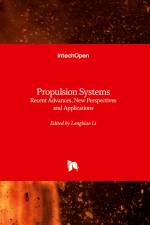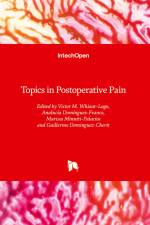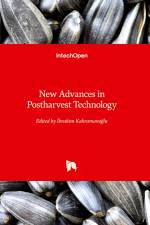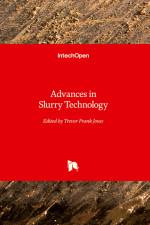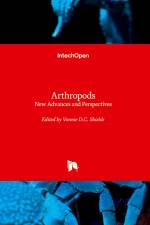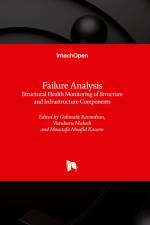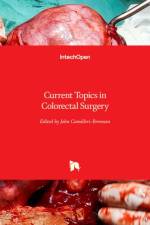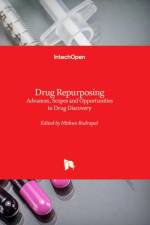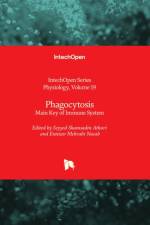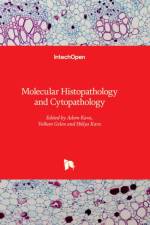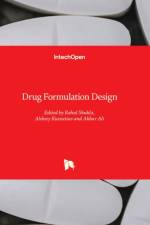135,00 €
Drug repurposing (or drug repositioning) is defined as the process of identifying new pharmacological indications of old, existing, investigational, or FDA-approved drugs for use in the treatment of diseases other than the drugs¿ original intended therapeutic use. Drug Repurposing - Advances, Scopes and Opportunities in Drug Discovery delivers up-to-date information on the identification of newer uses, molecular mechanisms, and novel targets of existing drug candidates through the application of various experimental, biophysical, and computational approaches and techniques. Chapters discuss recent advances in drug repurposing strategies that are currently being used in the discovery and development of drugs against difficult-to-treat, rare, and life-threatening diseases, including microbial infections, COVID-19, parasitic diseases, cardiovascular diseases, neurological disorders, and cancer. The book also discusses the modern experimental assays (HTS) and computational techniques including informatics and databases, molecular docking and dynamics, artificial intelligence and machine learning, virtual screening and pharmacophore modeling, proteomics and metabolomics, and network pharmacology and systems biology approaches. Some of the key features of the book are: ¿ Presents the strategies available for the development of drugs by drug repurposing approaches through various experimental and computational techniques for the treatment of difficult-to-treat, rare, and deadly diseases ¿ Summarizes the latest advances in the application of drug repurposing strategies, techniques, and approaches in the discovery and development of drugs ¿ Depicts drug development approaches from existing drug candidates and/or lead molecules through modern experimental assays, biophysical tools, and computational techniques Written by a global team of experts, this book is useful for drug discovery scientists, drug developers, medicinal chemists, phytochemists, pharmacologists, clinicians, biochemists, biomedical scientists, healthcare professionals, researchers, teaching faculty, and students.


